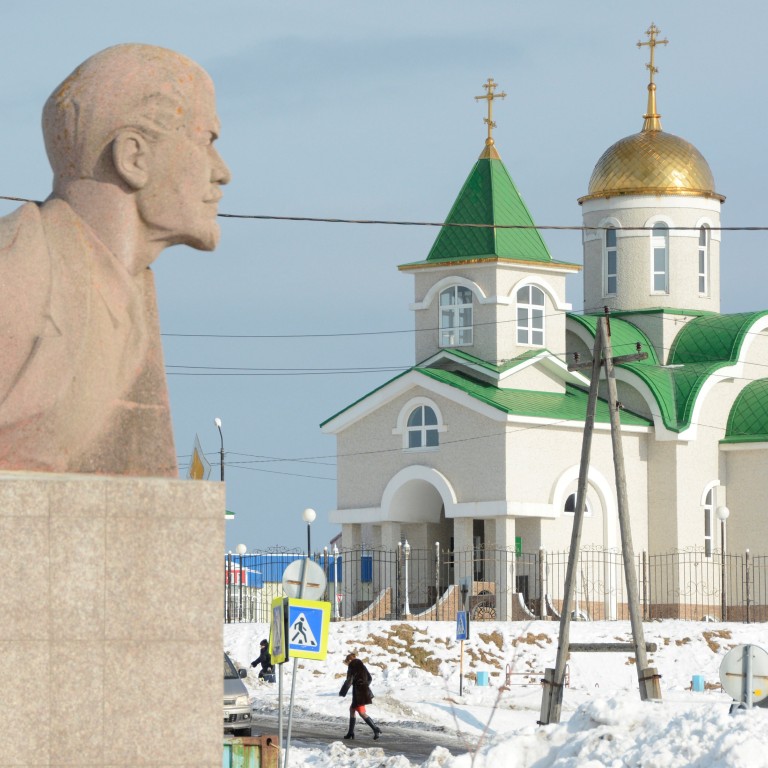
Japan thought a deal for the Kuril islands was on its way. Russia just delivered a reality check
- Talks appeared to be going well until a series of announcements by Tokyo that angered Moscow, causing it to summon the Japanese ambassador
- The disputed islands, which the Soviets seized at the end of the second world war, are the main reason Japan and Russia never signed a peace treaty
Russia has slapped down Japanese assertions that a deal was in the offing to resolve a decades-old dispute over a chain of islands, accusing Tokyo of distorting agreements struck with Moscow to break the deadlock.
Japanese Prime Minister Shinzo Abe is making a push towards a treaty with Russia over the disputed Kuril islands – known in Japan as the Northern Territories – and is set to hold talks with President Vladimir Putin later this month.
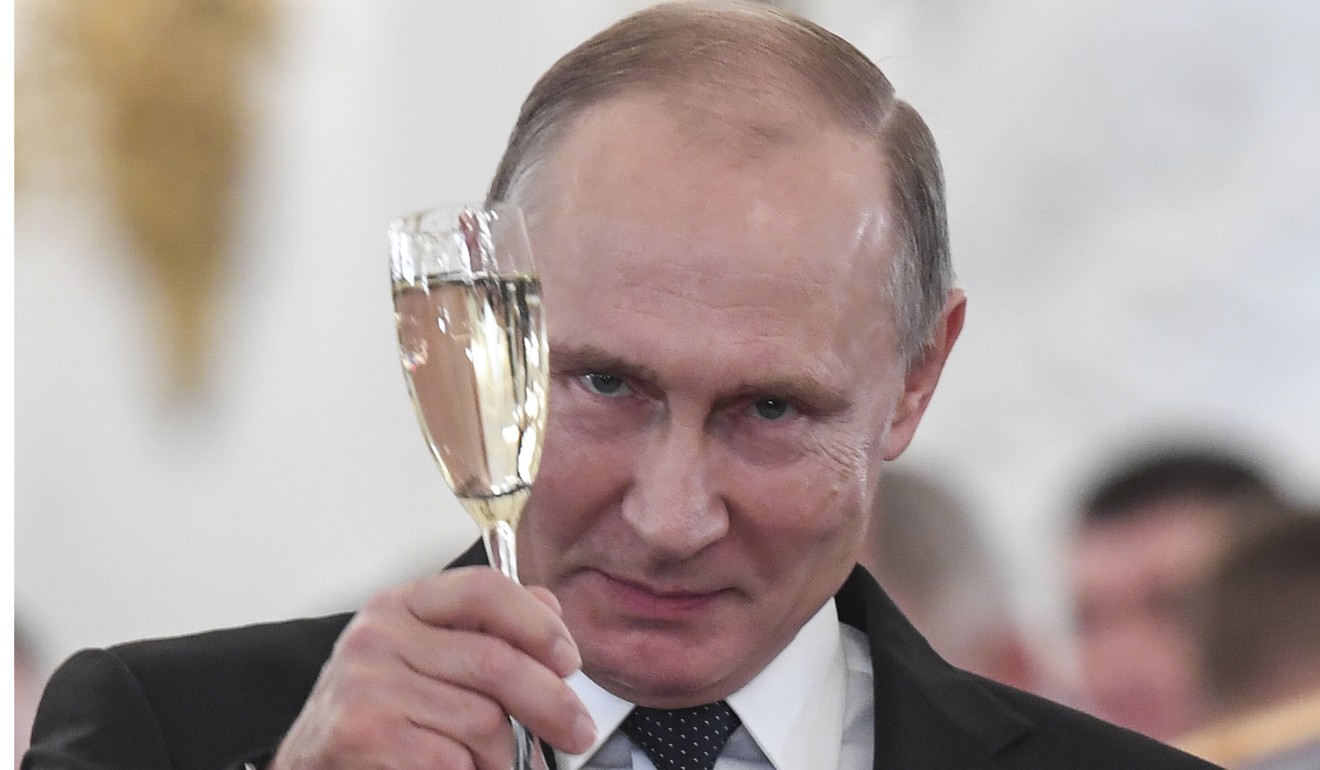
In November, an agreement over the island’s future appeared imminent. Indeed, Tokyo’s confidence was reflected in its declaration that residents of the islands, off the northern coast of Japan, should be prepared for a transfer of sovereignty.
That confidence has now been severely shaken by Russia’s foreign ministry, which has accused Japan of “distorting the essence of agreements” between the two countries’ leaders.
Toyohisa Kozuki, the Japanese ambassador to Moscow, was summoned to the foreign ministry on Wednesday for a meeting with Igor Morgulov, Russia’s deputy foreign minister. Kozuki was told Russia deemed Tokyo’s recent statements “an attempt to artificially aggravate the atmosphere” surrounding the question of a peace treaty and the return of the islands that were seized by Soviet forces in the final days of the second world war.
The cause of Moscow’s anger: Japanese Prime Minister Shinzo Abe’s claim that a breakthrough in treaty discussions – to formally end hostilities between the two nations after more than seven decades – would be made in 2019. Russia also claimed Japan acted prematurely by declaring that residents should prepare for the islands’ return to Japanese control.
“Those statements are grossly distorting the essence of agreements between the leaders of Russia and Japan meant to accelerate the negotiating process,” the foreign ministry said, adding that they were “misleading the two countries’ general public over the contents of negotiations”.
The ministry also accused Japan of trying to “artificially increase pressure” and impose its “own scenario” of how the peace treaty might be signed in the coming months. It added that Russia’s position remains unchanged: Japan must unconditionally accept its defeat in the war and Moscow’s sovereignty over the islands.
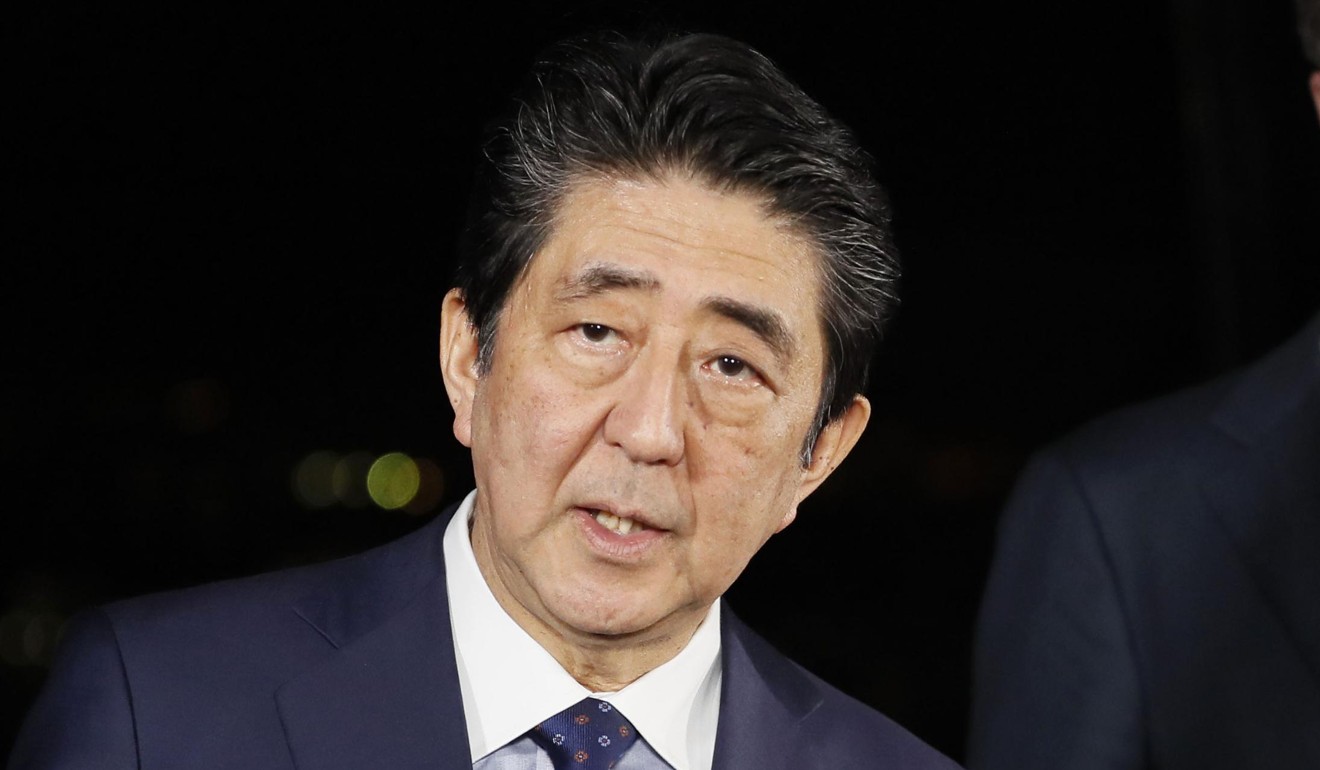
Moscow fired its broadside just before Japanese Foreign Minister Taro Kono is set to begin talks in the Russian capital on Monday, a precursor to a planned visit by Abe on January 21.
“This is a very strong statement in which they are accusing Japan of distorting the agreement that was reached between Abe and Putin in Singapore in November,” said James Brown, an associate professor at the Japan campus of Temple University and an expert on Russia-Japan ties.
“They have not mentioned Abe by name but talked about ‘the Japanese leadership’ making these comments – but then they cite some of the statements that were made by Abe. This really pours a bucket of icy water on Abe’s hopes of a ‘turning point’ and the possibility of a breakthrough on the return of the islands.”
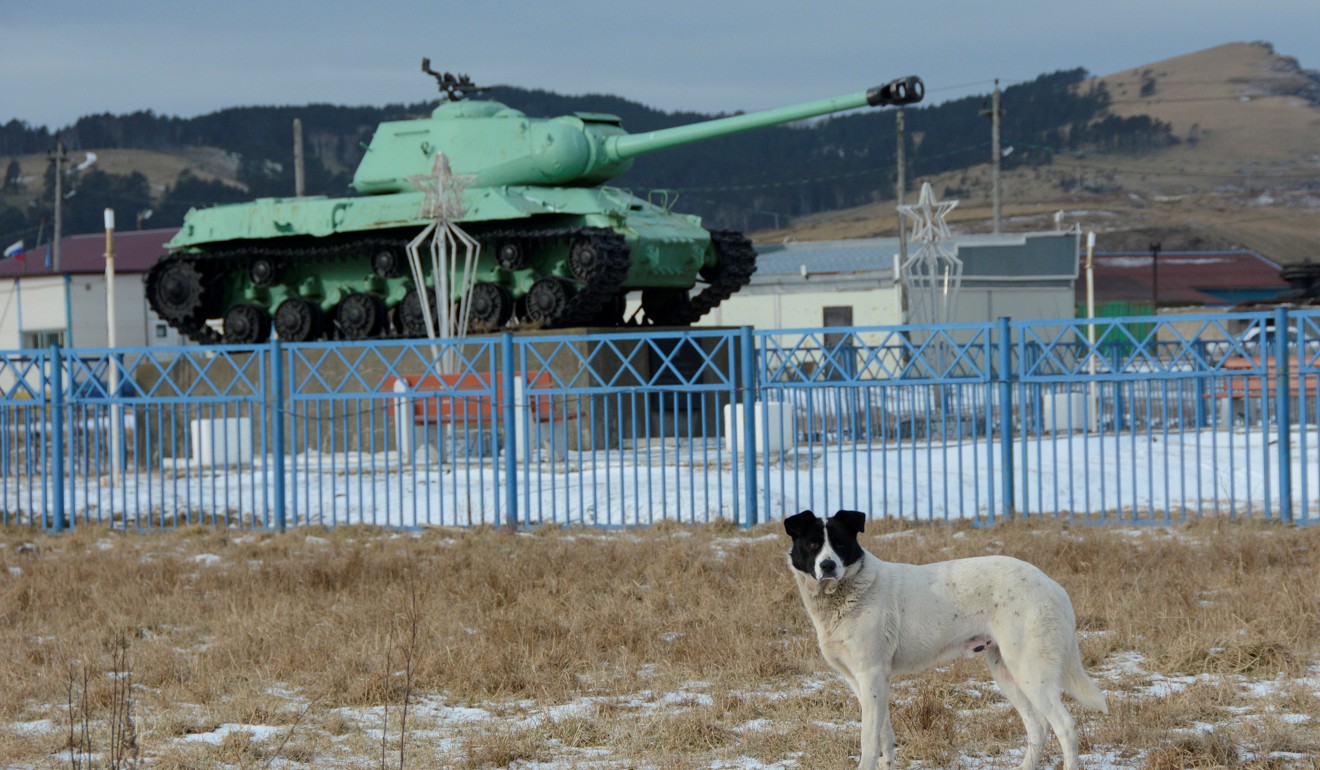
The disputed islands are Iturup, or Etorofu in Japanese (population 7,500); Kunashir/Kunashiri (7,000); Shikotan (2,100); and Habomai (a mere 117). Russia is expanding it military presence on the archipelago with the construction of a new barracks for additional units and the deployment of anti-shipping missiles.
The government Tokyo has long claimed the islands are Japanese territory and should be returned, although Abe appears to have taken a more pragmatic line by seeking the return of Shikotan and Habomai only and settling for increased access to the other islands.
It is not known what was discussed in Singapore last year, but “it’s likely that Putin and Abe reached some sort of agreement … to be sensitive to Russian public opinion and not to announce any deal had been struck”, according to Brown.
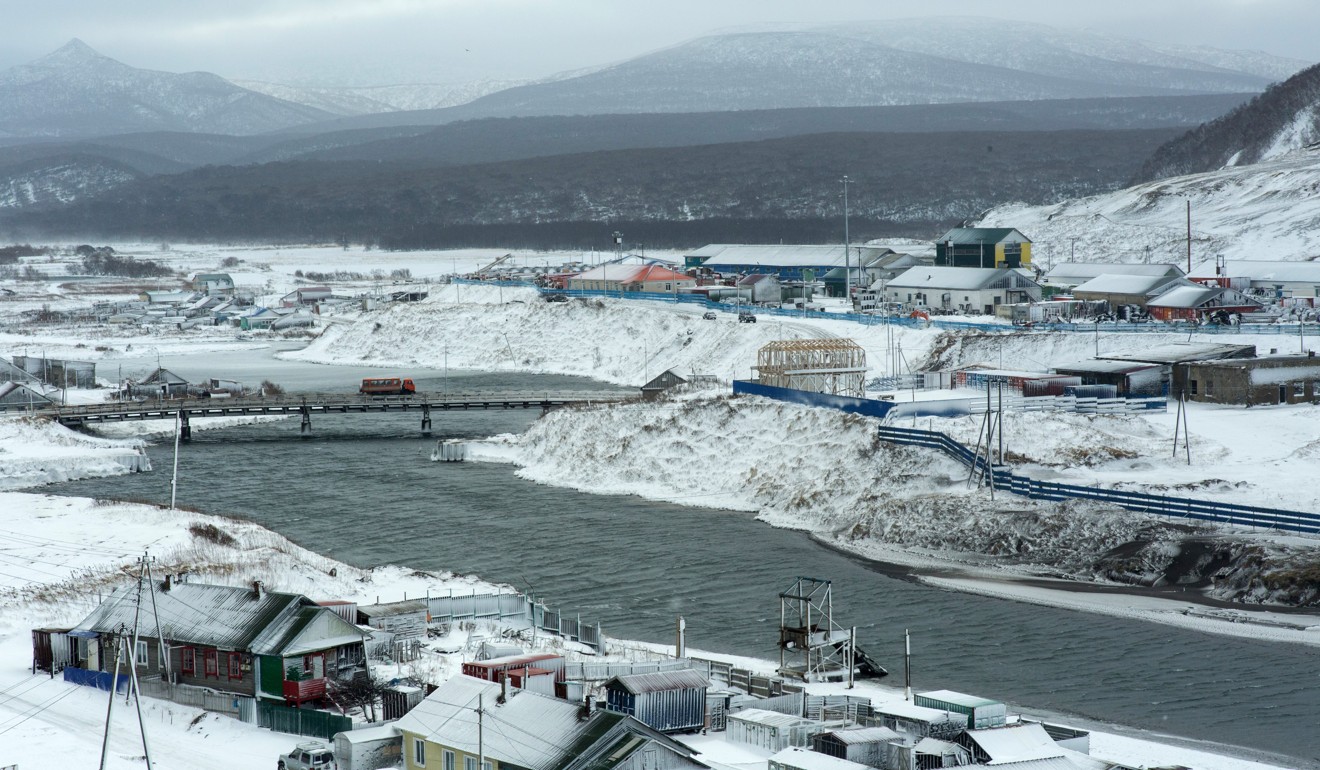
Media coverage of developments surrounding the islands appear to have caught the Russian public by surprise, creating a backlash that Moscow must now address.
Abe is likely to portray Russia’s anger as “another bump in the road” to getting the islands back, Brown said, and will play down the inevitable demands from right-wing politicians in Japan that he call off his trip to Moscow.
A spokeswoman for Japan’s foreign ministry declined to comment on Russia’s reaction but said Japan’s position “remains very firm”.
“The Japanese government’s basic principle is that we would like to solve the territorial issue and then conclude a peace treaty with Moscow,” she said. “We are continuing to work towards achieving that.”
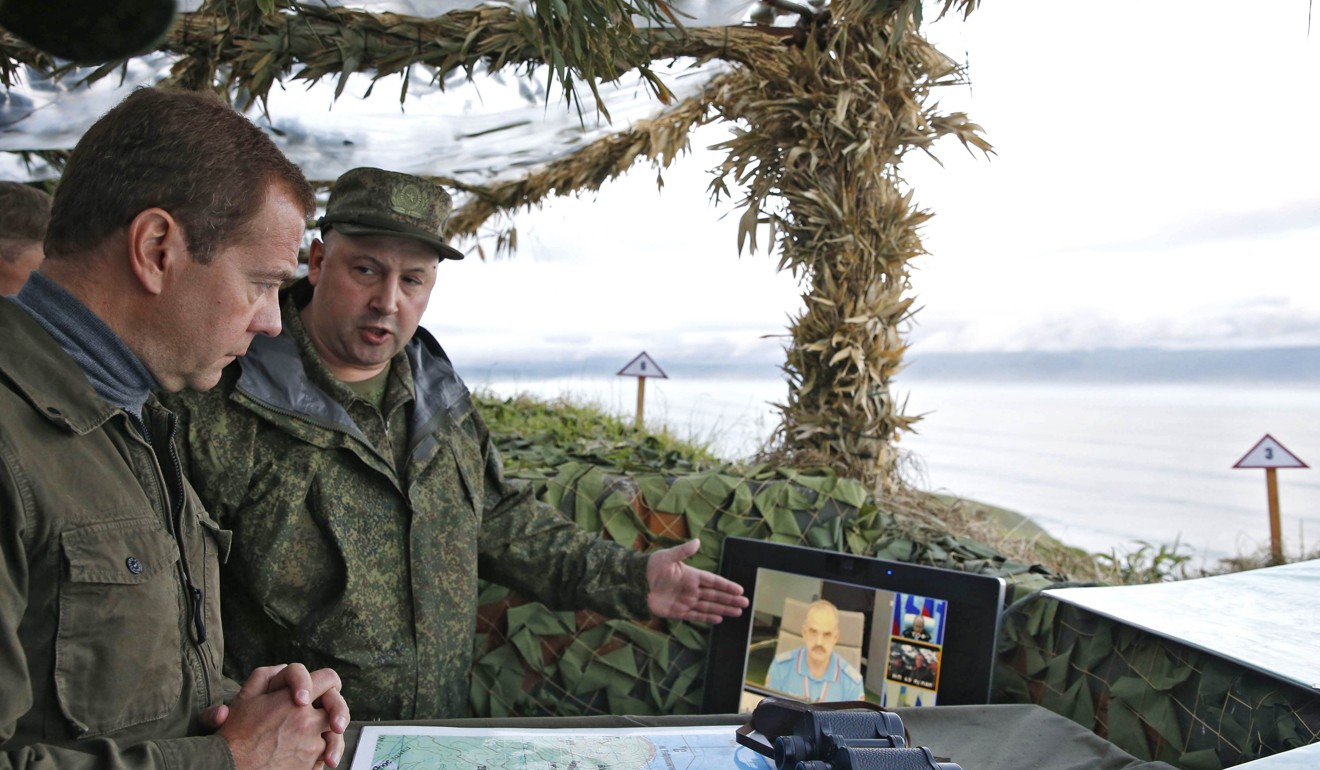
Brown said any expectation that Putin would sign a deal during a planned trip to Japan in June now seemed even more remote than it had previously.
“I have never been convinced that the two governments could reach a deal and I see Moscow as being in no rush to resolve this issue because they can use it as leverage over Japan,” he said. “I fear Abe’s optimism has been misplaced.”
Additional reporting by Reuters

